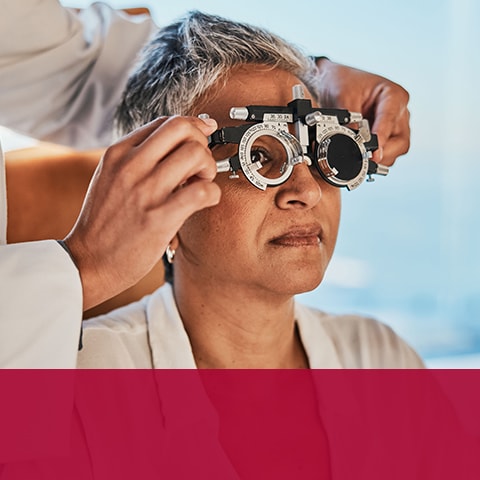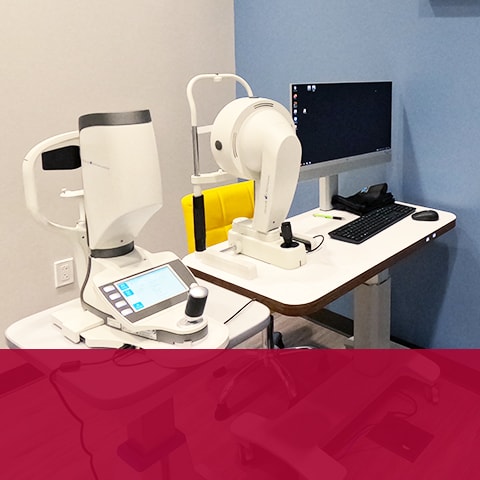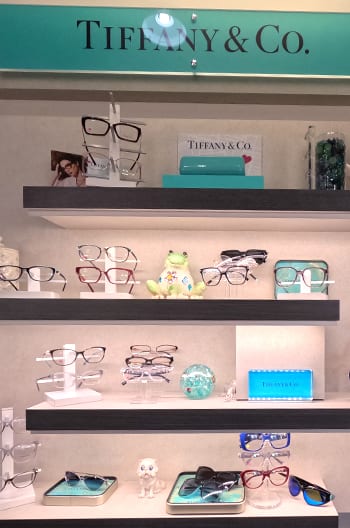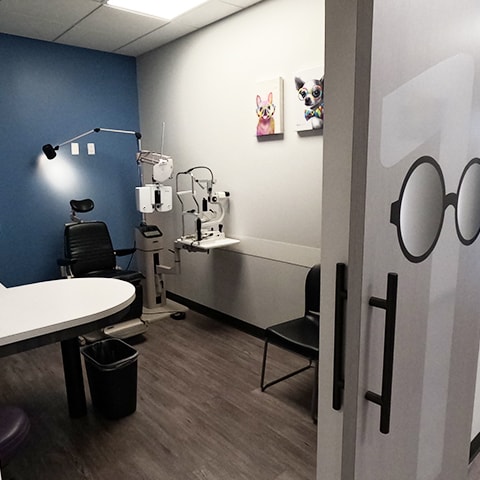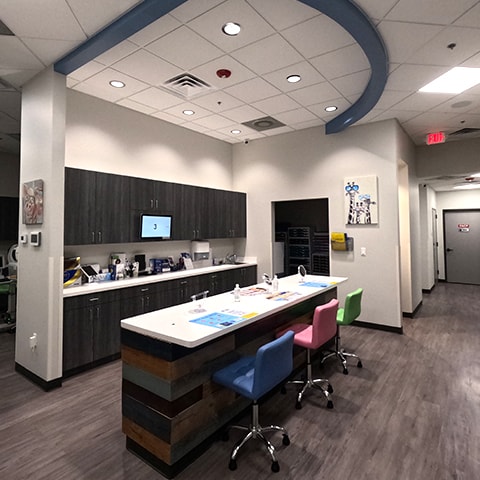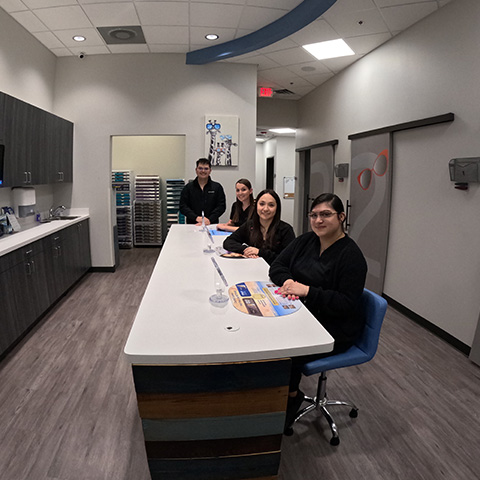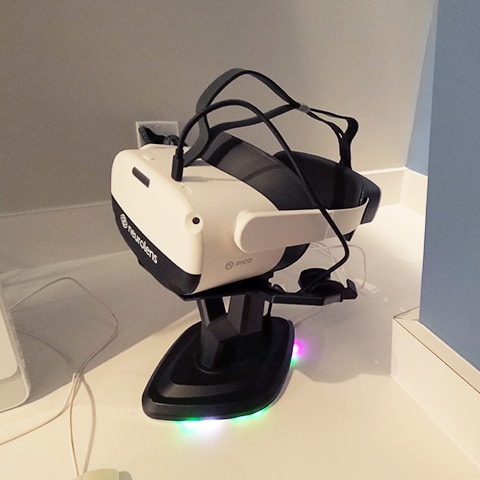Accidents Happen, Let Us Help
Eye injuries or trauma to the eye area can be stressful and frightening. Your eyesight is precious, and anything that might put it at risk needs to be dealt with immediately.
When an accident occurs, call our office right away. We can assess your situation and recommend next steps, whether that means seeing an optometrist or going directly to an emergency room.
If our office is closed, you should proceed to your nearest hospital.
Book AppointmentTypes of Eye Emergencies
Common eye emergencies we can treat include:
- Corneal abrasions (scratches)
- Foreign objects stuck in the eye
- Chemical splashes or burns
- Infections like conjunctivitis (pink eye)
- Flashes, floaters, or retinal detachment
- Eye diseases
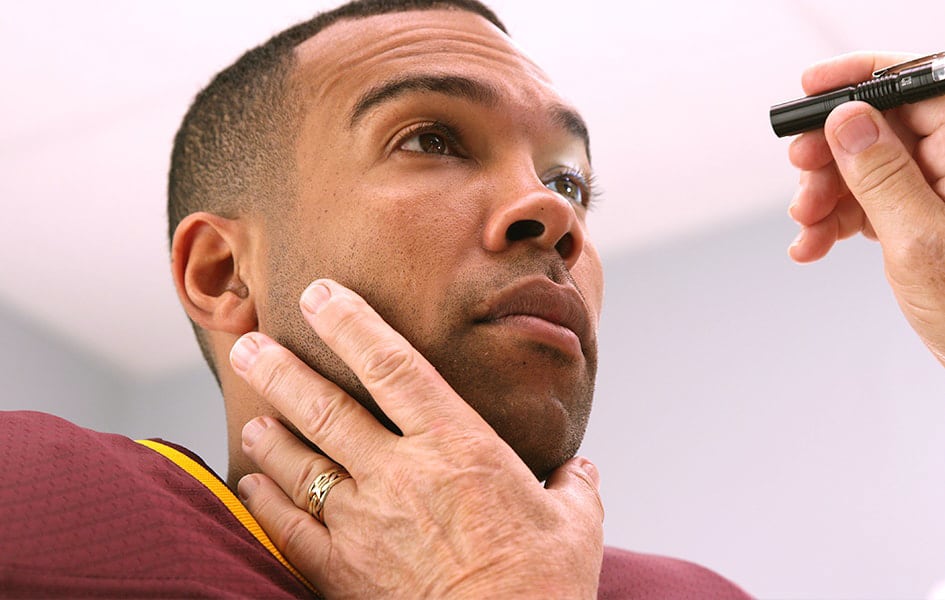
Symptoms That Might Mean an Eye Emergency
While most eye emergencies involve noticeable symptoms or trauma, other eye emergencies are not as obvious. Any sudden changes to your vision should be considered an eye care emergency.
Sudden onset of any of the following symptoms may also be indicative of an emergency:
- Burning or stinging
- Pupils that differ in size
- Bulging eyes
- Severe eye pain
- Double vision
- Redness or severe itching
- Bruising or bleeding
- Sudden headache
- Discharge from the eye
- Eyes not moving together
Call us immediately should you experience any of these issues.
Eye Emergency Do’s & Don’ts
Eye emergencies can happen anywhere, including work, home, athletic events, or on the playground. However, you can help reduce the risk of serious complications by knowing the necessary first aid steps and seeking appropriate care immediately.
Acting fast can increase the chance of a positive outcome and help preserve your sight.
In the event of an eye emergency, here are some do’s and don’ts to guide you:
DO's
- Flush your eye with cold water in the event of chemical contact.
- Clean your hands before touching your eye.
- Lightly cover the eye without applying pressure.
- Seek immediate medical attention.
Don’ts
- Never use tweezers or tools anywhere near the affected eye.
- DO NOT rub the eye or apply pressure of any kind..
- Avoid rubbing the eye or applying pressure of any kind..
- Don’t try to remove any large foreign objects..
- Don‘t apply any medications, drops, or ointments..
- Don’t remove contact lenses (except in the case of a chemical splash)..
Prompt treatment is critical during any eye emergency.
Our Brands










